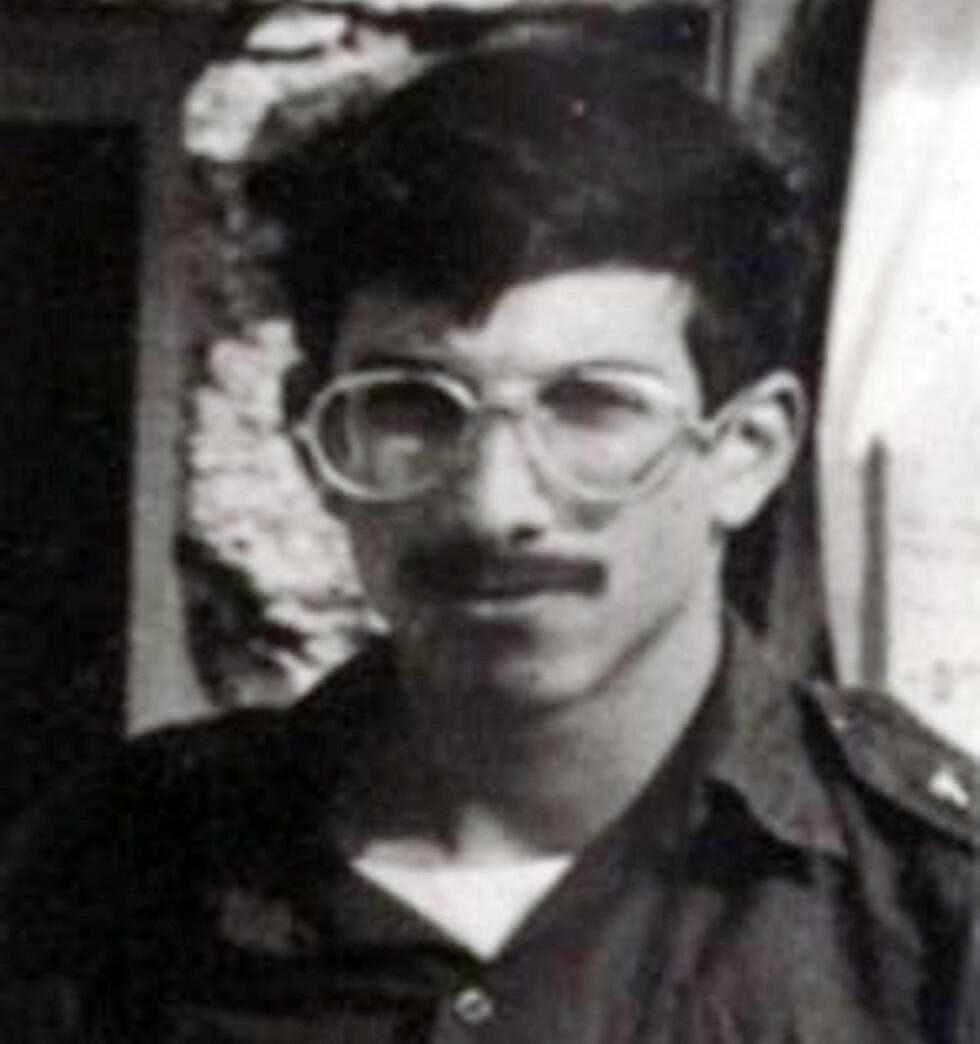Getting your Trinity Audio player ready...
The remains of Zachary Baumel, repatriated Wednesday 37 years he went missing during the First Lebanon War, were just one of 20 sets of remains that arrived in Israel as part of Operation Bittersweet Song.
and Twitter
Despite hopes that some of the remains belong to Zvi Feldman and Yehuda Katz, two other soldiers who went missing during the June 1982 Battle of Sultan Yacoub, the forensic institute in Abu Kabir was only able to identify Baumel’s remains so far. One of the 20 sets of remains does not appear to belong to any of the Israeli MIAs.
The operation was made possible by Israel’s close cooperation with Russia, a close ally of Damascus, and took two years to complete. Former defense minister Avigdor Lieberman, who enjoys close ties with Moscow, was the one who pushed for the operation, a major intelligence - operated feat, to take place.
The operation came to a halt in mid September, when Israel’s relationship with Russia went sour over the accidental downing of a Russian military aircraft in Syria, that Moscow attributed to Israel and Israel, attributed to Syrian forces. It recuperated when the two countries’ relationship slowly went back to its track.
After the diplomatic ordeal, Russia’s defense ministry spokesman said in a press conference that Israel has asked for his county’s help in an operation to seek the remains of missing soldiers. Israel declined to address the remarks.
According to reports in Lebanon’s Al Mayadeen news channel, Baumel’s remains were identified in the Yarmuq refugee camp near Damascus, following the withdrawal of Islamist terror group ISIS from the area.
The Battle of Sultan Yacoub took place on the sixth day of the First Lebanon War, known in Israel is Operation Peace for Galilee. Israel suffered 20 confirmed losses in the battle, as well as dozens of wounded. Six soldiers were unaccounted for, including Feldman, Baumel, and Katz.
The fates of the other three soldiers were later discovered: One was killed in the battle and buried in Syria, with his body being returned to Israel after the war; another was captured by the Syrians and freed two years later; and the third was captured by a terrorist organization and freed via a prisoner exchange deal that took place three years later.


